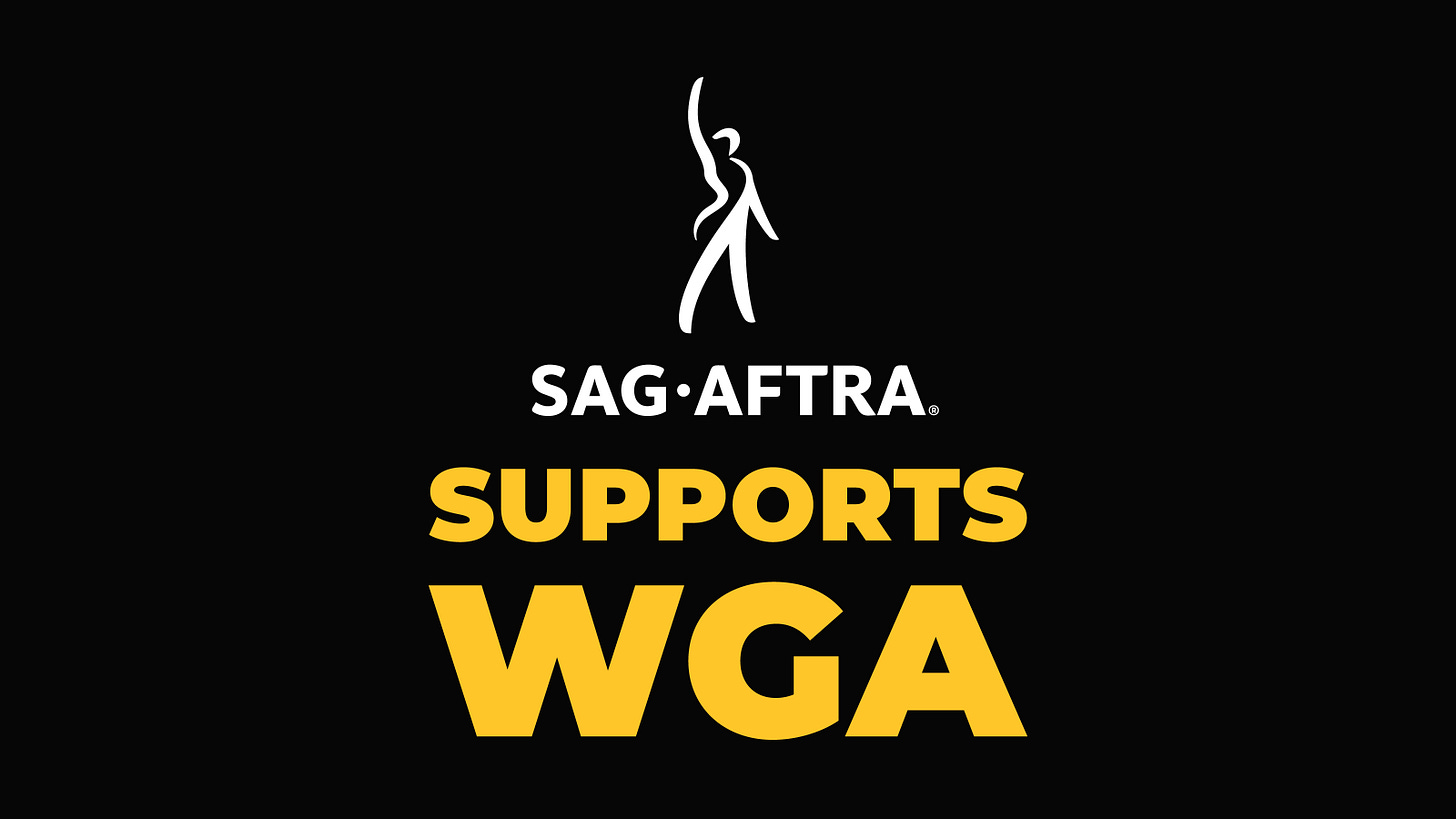We need to remember why labor unions matter
Why Hollywood's labor strikes should matter to you.
2023 seems to be the year of strikes. The Writers Guild of America has been on strike since March. SAG-AFTRA, a union with over 100,000 professional actors, has joined them. Additionally, UPS' union, representing 340,000 workers, prepares to strike for better pay and working conditions. If the UPS strike goes forward, it alone could cost the US economy billions of dollars.
These strikes by workers may only affect the entertainment industry but will impact everyone. Although most people have yet to feel the impact, many popular TV shows have stopped production, including late-night talk shows and other daily news and pop culture-related shows. If the strikes continue into the fall, some of your favorite shows may not return, and others may be canceled. We may also hear about postponed big-budget movies like Deadpool 3, Gladiator 2, and Mortal Kombat 2, which were all supposed to be released in 2024. Remember how the pandemic caused a shortage of new content? Get ready for more of the same.
Unions can be a controversial topic in conservative areas. However, it's essential to understand that labor unions benefit all workers regardless of political affiliation. By giving workers a collective voice, unions provide greater power and leverage. Historically, this collective bargaining power has led to significant labor laws like the Fair Labor Standards Act of 1938, which established the 40-hour workweek and guaranteed weekends off for employees. Unions also play a crucial role in improving working conditions by ensuring safer environments, better wages, and healthcare benefits. Therefore, it is essential to recognize the importance of labor unions in safeguarding the rights and interests of the working class.
It's easy for the average person to assume that Hollywood actors and writers are wealthy and successful. After all, Hollywood is often associated with millionaire excess and ego. But the truth is far from that. Most WGA and SAG members do not make a living wage. Only about 2% of writers and actors are successful enough to make a living wage, and most SAG members only make the cut for health insurance once they earn at least $26,000.
AI is another sticking point in the Hollywood strike. Generative AI has exploded over the past six months, and creatives are now sounding the alarm about the possibility of machines replacing human work. Some large language models can write content indistinguishable from human writing, and the technology will only likely improve. This also threatens actors, who can be digitally scanned and inserted into any film or television project. Background actors are especially at risk, as studios have considered using digital versions of them to avoid paying for the entire shoot instead of just one day's work.
The heavy use of AI in entertainment could lead to a decrease in demand for human writers and actors, resulting in job losses and a decline in the quality of entertainment. This is particularly concerning in an industry where most workers need help earning a living wage. Furthermore, if AI is not used responsibly, it could be used to create harmful or offensive content. Currently, there are no regulations in the United States, and it is unlikely that the oligarchy sitting in Congress will pass any effective legislation.
This year's strikes across the Writers Guild of America, SAG-AFTRA, and potentially UPS, reveal significant challenges in labor relations and the rising influence of AI in the workplace. For the general public, these fights are not isolated to Hollywood or mail service; they shape the content we consume, the nature of employment, and cultural norms. These strikes remind us that many entertainment industry professionals struggle to earn a living wage despite the glamor and fame often associated with Hollywood. Even more importantly, they emphasize unions' crucial role in advocating for better compensation and work conditions, especially in the face of job threats from AI. As AI grows more prevalent, discussions around its use and potential regulation become increasingly important. Since the Covid pandemic, we have been looking deeply at what works and what doesn't when it comes to our work lives. These strikes are another step in that evolution; we should all be supportive. Stand in solidarity with workers, not corporations.
More reading:



The cooperative strike action of WGA and SAG-AFTRA also shows us how valuable unions are in terms of compounding strike effectiveness, not only in pursuit of shared interests, but as a show of human solidarity in the face of otherwise unchallenged corporate greed.